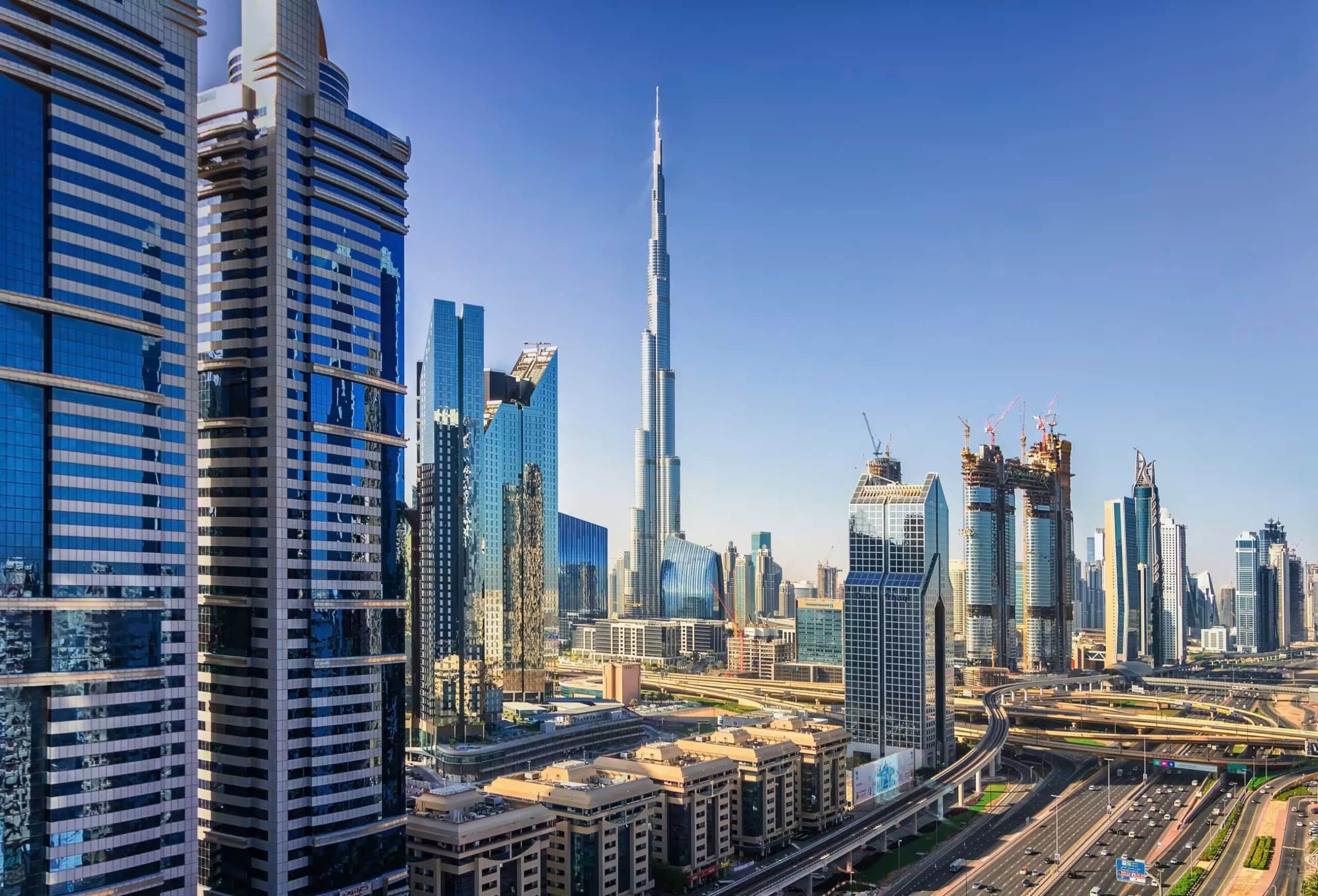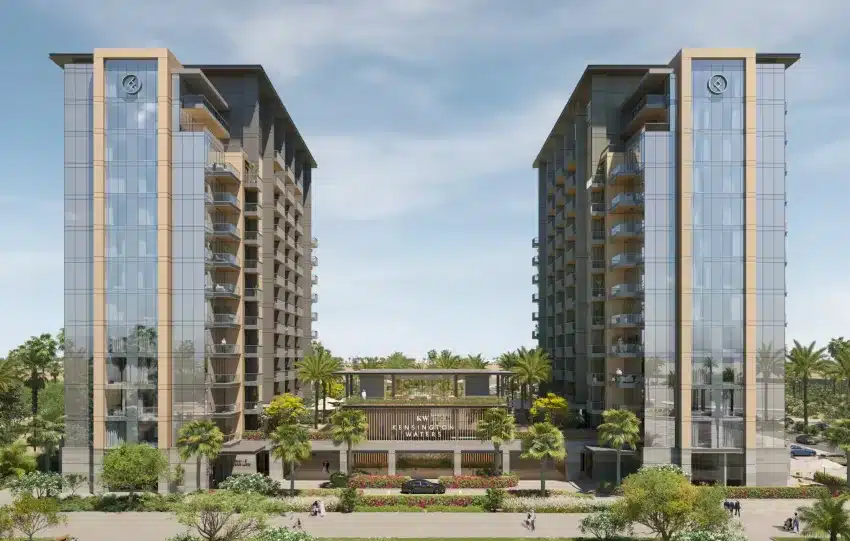Key Takeaways
- Dubai aims for 100% clean energy by 2050 with strategic initiatives like the Dubai Clean Energy Strategy 2050 and the Net Zero Carbon Emissions Strategy 2050.
- The Mohammed bin Rashid Al Maktoum Solar Park, a key project, plans to expand its capacity to 7,260MW by 2030, significantly increasing clean energy share.
- AI is pivotal in reducing emissions and optimizing energy; DEWA uses AI for efficiency improvements and customer service enhancements.
- The Sustainability and Innovation Centre leads research on renewable energy technologies, housing advances like redox flow batteries and energy storage solutions.
- Dubai’s first solar-powered green hydrogen plant and a pumped-storage hydropower project both contribute to innovative clean energy solutions.
- The Waste-to-Energy Centre supports a circular economy by converting waste into energy, reducing CO₂ emissions significantly.
- DEWA’s proactive approach and partnerships with institutions position Dubai as a leader in clean energy innovation and technology.
Dubai is ambitiously setting the stage for a sustainable future by unveiling a robust plan to become 100% clean energy-dependent by the year 2050. This goal is underpinned by a series of strategic initiatives and technological innovations, positioning the Emirate as a global pioneer in renewable energy transformation. This post delves into Dubai’s key projects, challenges faced, and technological endeavors propelling its clean energy future.
Visionary Strategies for a Sustainable Future
Dubai’s vision for a sustainable future is primarily driven by the Dubai Clean Energy Strategy 2050 and the Net Zero Carbon Emissions Strategy 2050. These strategies are crafted to mitigate environmental impact while fostering economic growth by investing in renewable energy projects and sustainable technologies.
Landslide Project: Mohammed bin Rashid Al Maktoum Solar Park
At the heart of Dubai’s clean energy strategy is the Mohammed bin Rashid Al Maktoum Solar Park, the world’s largest single-site solar facility. With an ambitious roadmap to boost capacity to 7,260MW by 2030, the solar park serves as a crucial pillar in increasing Dubai’s clean energy share. The park’s features include:
- Cutting-edge photovoltaic panels and concentrated solar power technologies
- World record-holding solar tower at 263.126 meters height
- The largest thermal storage capacity of 5,907 megawatt-hours
Harnessing the Power of Artificial Intelligence
Dubai Electricity and Water Authority (DEWA) is spearheading the integration of Artificial Intelligence (AI) to enhance energy efficiency and reduce emissions. AI contributes significantly through:
- Developing AI-powered gas turbine controllers for fuel efficiency
- Proactive maintenance systems for sustainable energy production
- Implementation of AI-enabled digital substations, significantly reducing carbon emissions
Innovation through Research and Development
The Sustainability and Innovation Centre at the Solar Park is a testament to Dubai’s investment in R&D. The center focuses on cutting-edge technologies like redox flow batteries and energy storage solutions. Additionally:
- The R&D Centre emphasizes solar power, smart grid systems, and advanced energy storage
- Strategic partnerships with leading universities bolster continuous innovation
Pioneering Projects in Renewable Energy
Dubai’s innovative projects play an essential role in its sustainable energy goals. Notable initiatives include:
- The Green Hydrogen Plant, the Middle East’s first solar-powered hydrogen production facility
- The Pumped-Storage Hydropower Project in Hatta, capable of storing 1,500 megawatt-hours of energy
These projects symbolize a leap towards innovative and clean energy solutions.
Facilitating a Circular Economy through Waste-to-Energy
The Waste-to-Energy Centre in Dubai converts waste into renewable electricity, exemplifying a commitment to a circular economy:
- It’s the largest facility of its kind globally, with a capacity of 200 MW
- Annually, it eliminates 2,400 tonnes of CO₂, reinforcing Dubai’s environmental goals
The Path Forward: Leadership and Collaboration
Dubai’s journey to 100% clean energy by 2050 is not solely a government endeavor but a collaborative effort involving private sector partnerships and global cooperation. DEWA’s actions create a benchmark for sustainable practices worldwide, offering a model for cities aiming to responsibly meet energy demands.
Dubai is setting a global precedent through its commitment to clean energy, underscored by visionary leadership, strategic frameworks, and pioneering projects and technologies. As Dubai advances towards its goal of a sustainable energy future, it continues to inspire and lead the way in the global energy transition.





